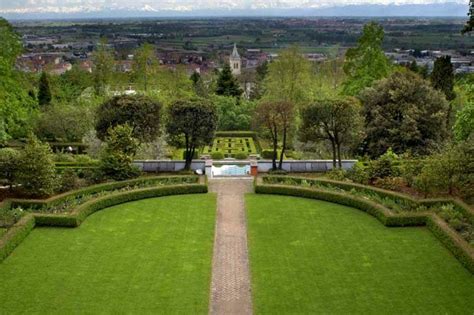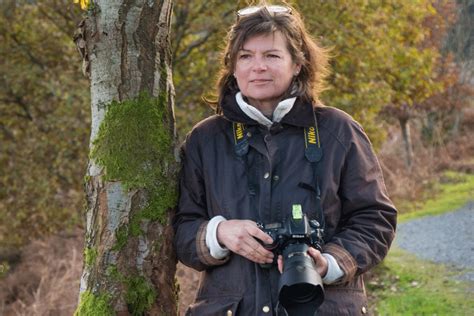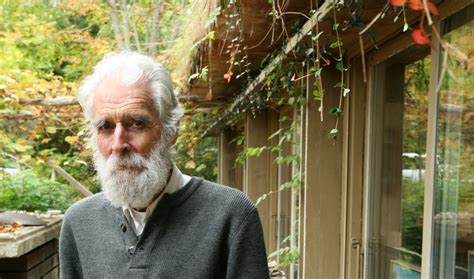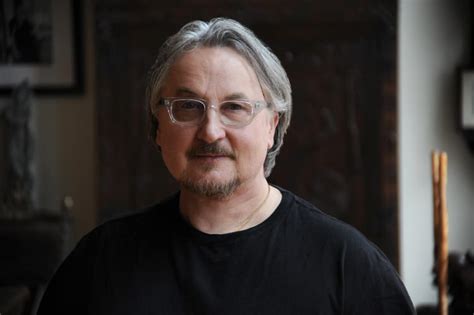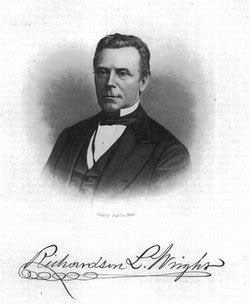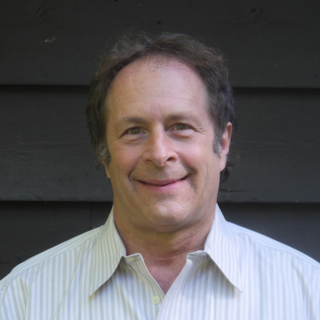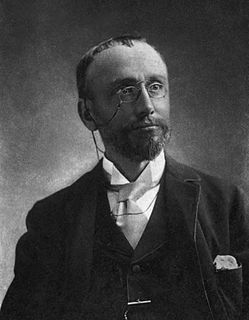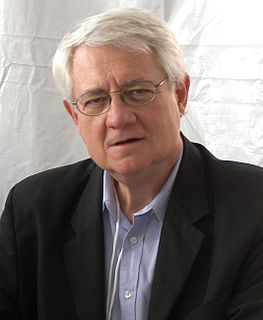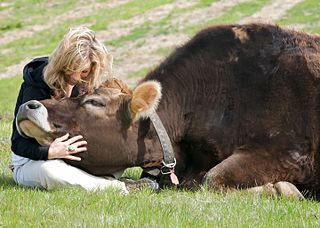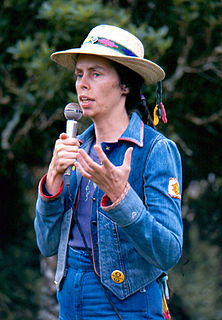Top 1200 Plants And Life Quotes & Sayings
Explore popular Plants And Life quotes.
Last updated on April 14, 2025.
Take care with manufactured chemicals, certainly. Your safety and long term health are more important than anything. Yet don't forget that if you grow even a dozen different plants, you are surrounded by chemistry. Inside their cells even the most ordinary plants creates potent fungicides, insecticides, irritants, balms, hallucinogens, sedatives, nerve toxins, cell repair stimulants, lures, repellents... you name it. Treat all plants with respect!
The purpose of life for man is growth, just as the purpose of life for trees and plants is growth. Trees and plants grow automatically and along fixed lines; man can grow as he will. Trees and plants can only develop certain possibilities and characteristics; man can develop any power which is or has been shown by any person anywhere. Nothing that is possible in spirit is impossible in flesh and blood. Nothing that man can think is impossible. Nothing that man can imagine is impossible of realization.
We can look at the way of improving the key biochemical processes like photosynthesis itself. A lot of energy is lost to keep the plant cool. So maybe we can think of building plants which are more resistant to heat. Genetically modified plants can be one answer and we can imagine more efficient plants, call them 'energy plants'. And I believe, contrary to what ecologists think, they can still be beautiful plants.
One human life is deeper than the ocean. Strange fishes and sea-monsters and mighty plants live in the rock-bed of our spirits. The whole of human history is an undiscovered continent deep in our souls. There are dolphins, plants that dream, magic birds inside us. The sky is inside us. The earth is in us.
Rainforests are not confined to the tropics: a good definition is forest wet enough to support epiphytes - plants that grow on other plants. Particularly in the west of Britain, where tiny fragments persist, you can find trees covered in rich growths of a fern called polypody, mosses and lichens, and flowering plants climbing the lower trunks.
What are plants doing? What are plants all about? They serve human beings by being decorative, but what is it from its own point of view? It's using up air; it's using up energy. It's really not doing anything except being ornamental. And yet here's this whole vegetable world, cactus plants, trees, roses, tulips, and edible vegetables, like cabbages, celery, lettuce - they're all doing this dance.
The insecticides kill the black flies, but also destroy much of the food chain for the bird, fish, and animal life which also inhabit those regions. The fish of the Great Lakes are laced with mercury from industrial plants, and fluoride from aluminum plants poisons the land and the people. Sewage from the population centers is mixed with PCBs and PBS in the watershed of the great lakes and the Finger Lakes, and the water is virtually nowhere safe for any living creatures.
Whole plants differ in their effects from refined drugs (:)...Plants are dilute preparations (of) the active principles...Plants usually go into the body through the mouth and stomach, whereas purified chemicals can be put...by snorting or injecting...directly into...bloodstreams without giving...bodies a chance to process them. Other compounds in drug plants...may modify the active principles, making them safer.
Yes, all of life is sacred, including plants; and yes, there is research that demonstrates that plants have feelings - they feel it when their leaves or stems are ripped - and there is scientific evidence that while plants do not have brains and nervous systems like animals, they nevertheless actively work to ensure their survival - they want to live, thrive, reproduce, evolve.
The world of organisms, of animals and plants, is built up of individuals. I like to think, then, of natural history as the study of life at the level of the individual-of what plants and animals do, how they react to each other and their environment, how they are organized into larger groupings like populations and communities.
A reasonable being should ask himself why - if chemicals can enter into plants, and plants be taken up into animals, and animals be taken into man - why man himself, who is the peak of visible creation, should be denied the privilege of being assimilated into a higher power? The rose has no right to say that there is no life above it and neither has man, who has a vast capacity and unconquerable yearning for eternal life and truth and love.
Inwardness is the characteristic feature of the vegetable rather than the animal approach to existence. The animals move, migrate and swarm, while plants hold fast. Plants live in a dimension characterised by solid state, the fixed and the enduring. If there is movement in the consciousness of plants then it must be the movement of spirit and attention in the domain of vegetal imagination. (...) This is the truth that the shamans have always known and practiced. Awareness of the green side of mind was called Veriditas by the twelfth century visionary Hildegard Von Bingen.
People were so naive about plants, Ellie thought. They just chose plants for appearance, as they would choose a picture for the wall. It never occurred to them that plants were actually living things, busily performing all the living functions of respiration, ingestion, excretion, reproduction---and defense.
I'm obsessed with insects, particularly insect flight. I think the evolution of insect flight is perhaps one of the most important events in the history of life. Without insects, there'd be no flowering plants. Without flowering plants, there would be no clever, fruit-eating primates giving TED Talks.
You told me once of the plants that lie dormant through the drought, that wait, half-dead, deep in the earth. The plants that wait for the rain. You said they'd wait for years, if they had to; that they'd almost kill themselves before they grew again. But as soon as those first drops of water fall, those plants begin to stretch and spread their roots. They travel up through the soil and sand to reach the surface. There's a chance for them again.
What does he plant who plants a tree?
He plants the friend of sun and sky;
He plants the flag of breezes free;
The shaft of beauty, towering high, he plants a home to heaven anigh.
For song and mother-croon of bird, in hushed and happy twilight heard -
The treble of heaven's harmony.
These things he plants who plants a tree.
The phytochemicals, antioxidants, and fiber- all of the healthful components of plant foods- originate in plants, not animals. If they are present, it is because the animal ate plants. And why should we go through an animal to get the benefits of the plants themselves? To consume unnecessary, unseemly, and unhealthy substances, such as saturated fat, animal protein, lactose, and dietary cholesterol, is to negate the benefits of the fiber, phytonutrients, vitamins, minerals, and antioxidants that are prevalent and inherent in plants.
Today, about 40 percent of America's carbon pollution comes from our power plants. There are no federal limits to the amount those plants can pump into the air. None. We limit the amount of toxic chemicals like mercury, and sulfur, and arsenic in our air and water, but power plants can dump as much carbon pollution into our atmosphere as they want. It's not smart, it's not right, it's not safe, and I determined it needs to stop.
Gardeners know that you must nourish the soil if you want healthy plants. You must water the plants adequately, especially when seeds are germinating and sprouting, and they should be planted in a nutrient-rich soil. Why should nutrition matter less in the creation of young humans than it does in young plants? I'm sure that it doesn't.
Originally, the atoms of carbon from which we're made were floating in the air, part of a carbon dioxide molecule. The only way to recruit these carbon atoms for the molecules necessary to support life-the carbohydrates, amino acids, proteins, and lipids-is by means of photosynthesis. Using sunlight as a catalyst the green cells of plants combine carbon atoms taken from the air with water and elements drawn from the soil to form the simple organic compounds that stand at the base of every food chain. It is more than a figure of speech to say that plants create life out of thin air.



